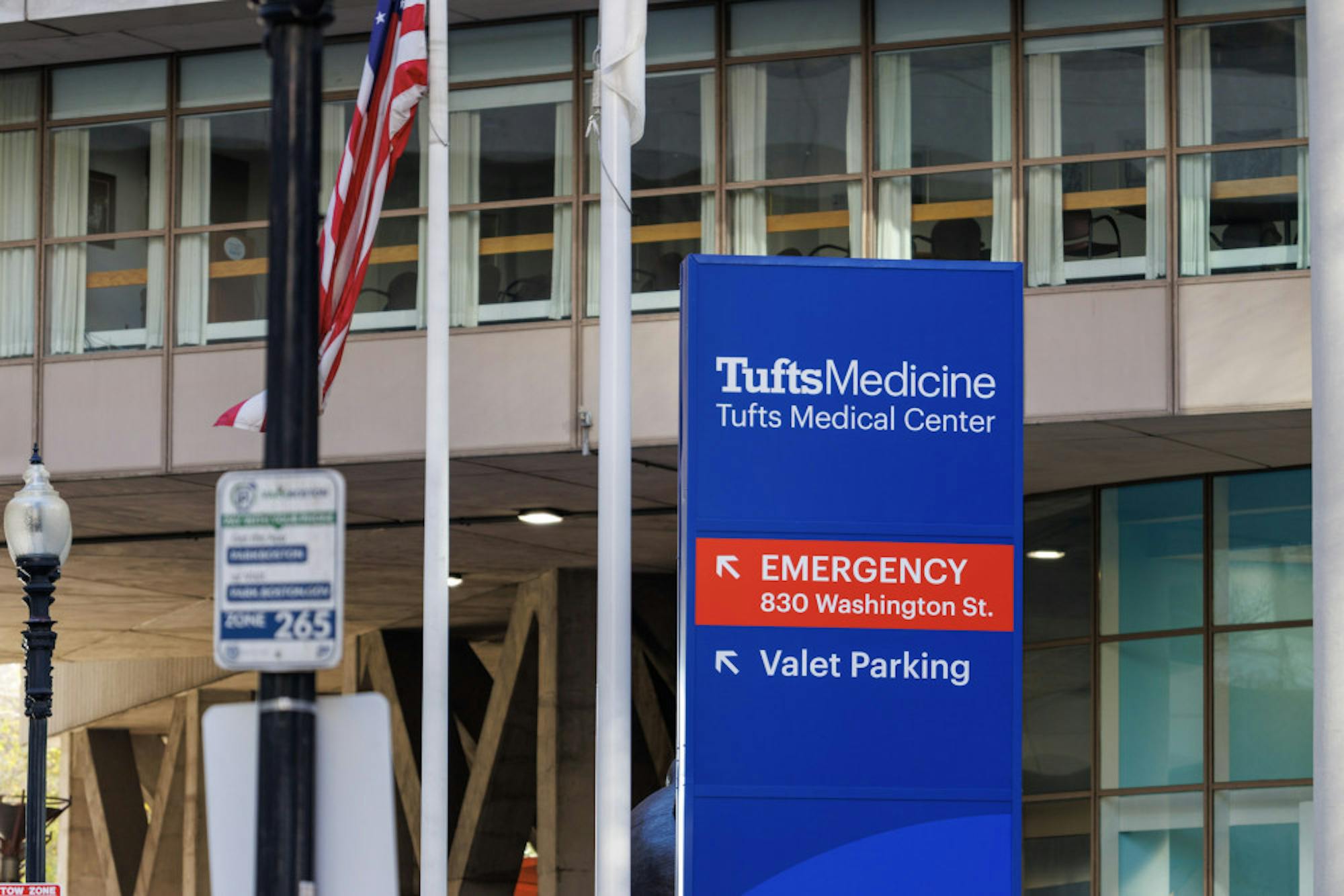Amid the current COVID-19 pandemic, another crisis bubbles just below the surface. Pediatric inpatient and ICU beds are at a critical level nationwide — capacity is strained to the brink as respiratory syncytial virus cases rise in parallel with a growing trend of pediatric hospital bed closures. From 2008–18, pediatric inpatient units across the country decreased by 19% as hospitals sought more lucrative services. In Massachusetts, children in need of an inpatient or ICU bed often wait an unacceptable length of time, or they are forced to seek care in neighboring states plagued by their own shortages.
One year ago, Tufts Medical Center joined the national wave in pursuit of profit, announcing the closure of its pediatric inpatient beds and the pediatric hematology-oncology clinic where I was treated 19 years ago. I was stunned and sad when I first read about the closure. I have so many memories of what was then called the Floating Hospital for Children, some scary but mostly warm recollections of the incredible doctors and nurses there. Yet as I learned more about the hospital essential services closure process in Massachusetts, I was alarmed to discover that — despite the dubious reasoning provided by Tufts executives for the closure — the Massachusetts Department of Public Health can demand a plan for the hospital’s closing, but it has no final veto power over the action.
In Massachusetts, hospitals must first notify the state at least 120 days before the proposed closure of essential services. This kicks off a procedural back-and-forth between the DPH and hospital executives that is, in essence, mere show. During a public hearing on Tufts’ proposed closure last April, the outrage from patients, the community and many health providers across the commonwealth was made clear. Following the hearing, the DPH deemed those Tufts services to be essential, requesting more information about how Tufts planned to carry out their termination of services with minimal negative impact.
Anyone can access and read the exchange that resulted between the DPH and Tufts executives. It documents a closure process that seems rushed and poorly planned with the whole process taking just five months since Tufts Medical Center’s initial 120-day notice. Yet despite the overwhelming public opposition and controversial statements from Tufts, the closure still occurred as planned on July 1, 2022. The Massachusetts DPH was legally unable to prevent the closure of services that they themselves had deemed essential.
State legislation to extend the closure process to one year has been presented since 2019 and has continually failed to advance through the legislative process. The Tufts closure left families and staff blindsided with little time to make other arrangements. In Massachusetts, voting and debates occur behind closed doors, so it’s impossible to tell how or where the proposed legislation was dropped. Just weeks ago, two rules amendments that would have made committee votes public were again dismissed, maintaining Massachusetts’ ranking as one of the least transparent state houses in the country.
As a future public health professional, it seems unconscionable to me that the decisions of a few executives can affect the lives of so many children in such an inequitable way. Some lower-income families in the state often can’t afford healthcare at other Boston hospitals, nor is it always easy for them to access it. And even if they can, while other Massachusetts hospitals provide excellenthealthcare for children, it matters little if there are no beds available for them.
The Tufts closure made me question what we truly value in terms of public health in this state. It seems to me that the profit margins for a few CEOs are taking precedence. Massachusetts prides itself on its healthcare, but the DPH can’t even do what it is supposed to do: protect the vulnerable.
When I contacted then-Attorney General Maura Healey’s office with my concerns about the closure, I was told that the attorney general felt the same and was disappointed with Tufts’ plans. As governor, I hope she will be able to do more than just watch as hospital executives decide what health care services residents can access. If our elected officials don’t pass more restrictive legislation, our children will continue to suffer the consequences of legislative backlog on Beacon Hill. And as RSV, influenza and COVID-19 cases continue to rise, the search for an open pediatric bed will go on.






